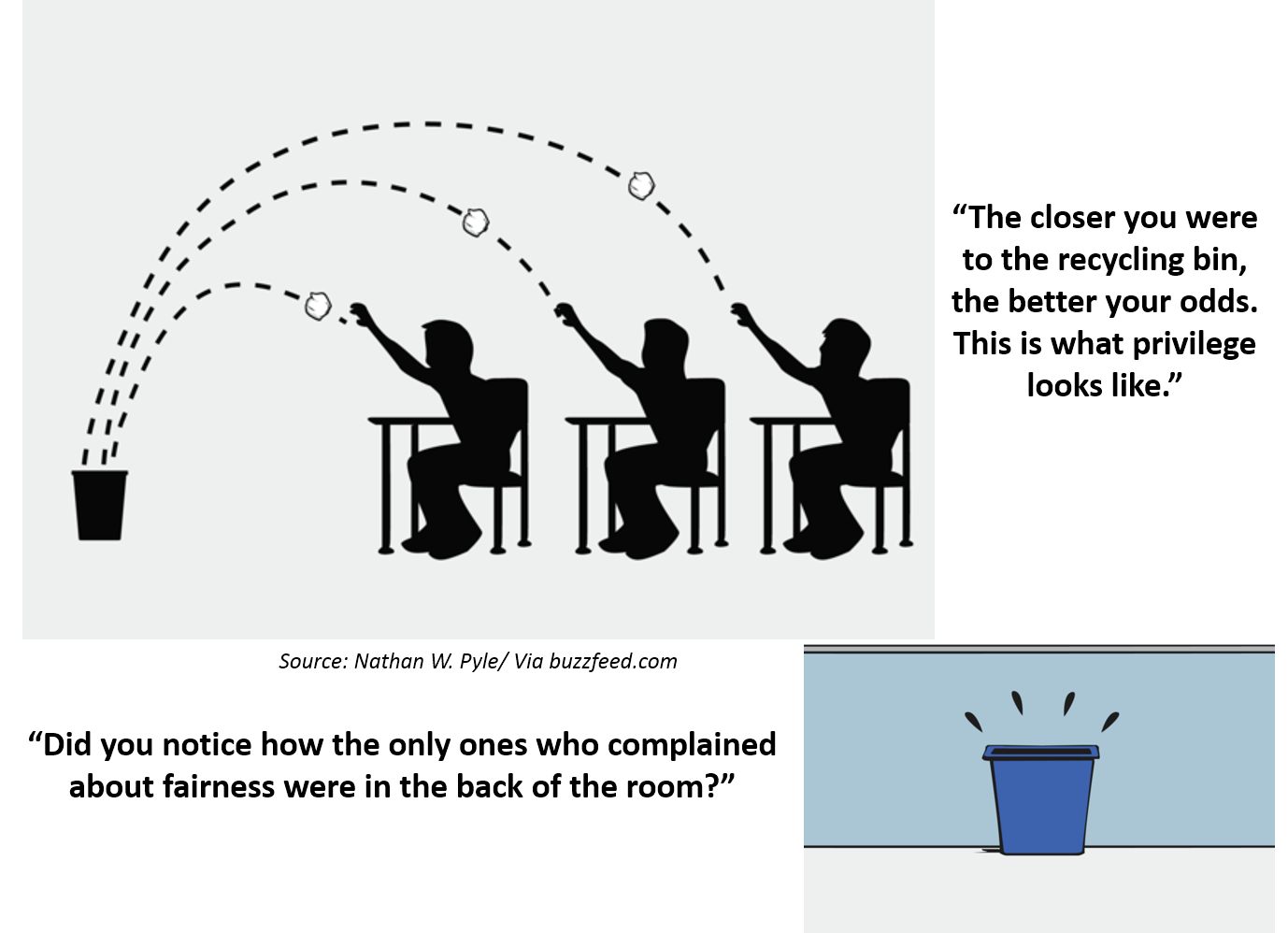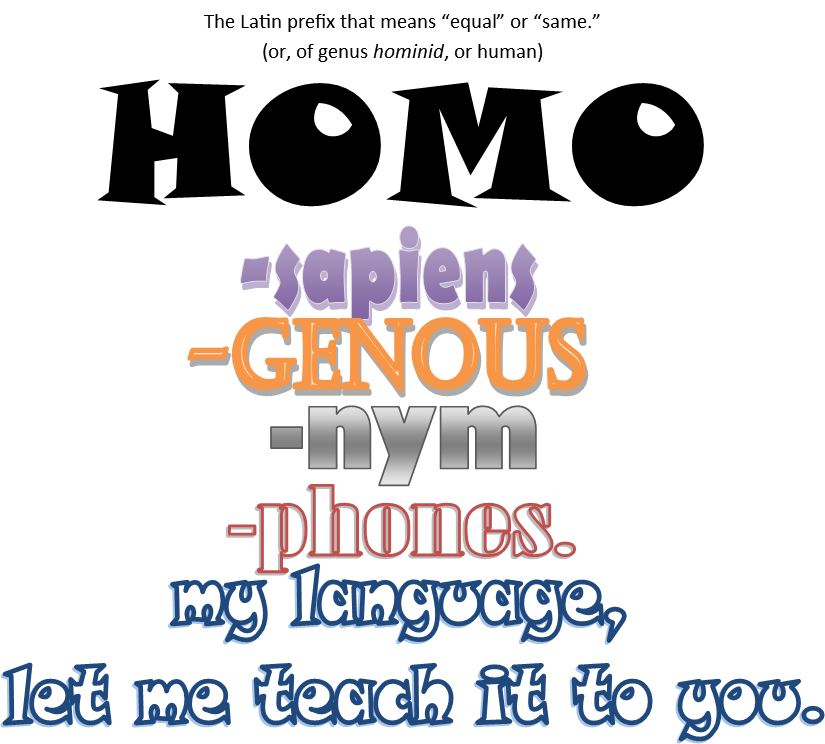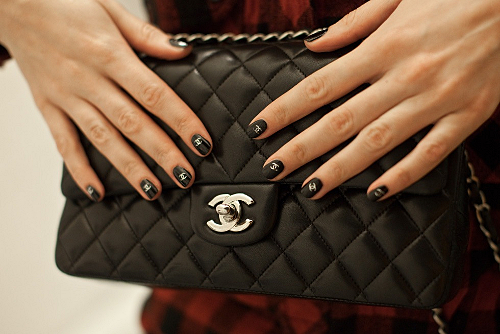“[The students] asked me dozens of questions, as young folks do, and as usual they were astonished to hear how different things were in those days before integration…. I couldn’t help thinking that there are now whole generations who have grown up since those days and know very little about how things really were. That’s when I made up my mind that it was time to begin writing, and this book is the result.” (29)
~ quoting Idella Parker, in “Neither Friends nor Peers,” by Rebecca Sharpless, printed in the May, 2012 The Journal of Southern History, Vol. 78, No. 2
According to today’s THE WRITER’S ALMANAC: “It’s the birthday of Pulitzer Prize-winning novelist Marjorie Kinnan Rawlings born in Washington, D.C., on this day in 1896. She’s best known for her book The Yearling (1938), which was the best-selling novel in America in 1938 and won the Pulitzer Prize the following year.
The Yearling is about an adolescent boy in rural Florida who adopts an orphaned baby deer named Flag, becomes really close to the deer, and then, in the end, has to shoot Flag because it’s eating all the family’s crops.
Marjorie Kinnan Rawlings also loved to cook. She once said, “I get as much satisfaction from preparing a perfect dinner for a few good friends as from turning out a perfect paragraph in my writing.” She even published her own cookbook, called Cross Creek Cookery (1942), a few years after she won the Pulitzer Prize for fiction.
What Billy Collins – filling in for Garrison Keillor – fails to mention in today’s write up is that Marjorie Kinnan Rawlings did not, in fact, prepare perfect dinners for her guests, she had her maid, Idella, do it. And she took her maid, Idella’s recipes and printed them in Cross Creek Cookery in 1942, and because of the tenor of the times, she did not give credit where credit was due.
I have been thinking about that, today of all days. I have been thinking about the relationship of African American, Southern women with their Caucasian, Southern sisters, and feeling ambivalent. I have wasted little ink and less time on the whole Paula Deen thing – wasted little outrage, and very little shock. I think more shock has been spent on the people who were surprised by her language. Much like I often point out that Martha Stewart had a tribe of workers making her immaculate grounds look so good for Martha Stewart, Living, and that Oprah has leagues of foot-soldiers polishing the armor in her little kingdom, much less stylists and chefs and who-knows-what-all-else to ensure that she remains the unsullied Queen of Everything, I knew very well that someone as expansive and entertaining and sassy as Paula Deen certainly wasn’t working her butter-loving fingers to the bone alone. It was her staff – and, being a Southern woman creating Southern food, they were very probably people of color.
Actually, what was a little worrying to me, personally, was my knee-jerk “of course” about the whole thing. Of course Paula Deen has racist leanings. Of course she used the n-word. Of course she didn’t see anything wrong with it, which is why she apologized so ineptly. She’s a sixty-six year old Southerner. Aren’t all Southerners of that era racists?
Unequivocally, NO. It’s actually very, very wrong of me to believe so.
But, like racism in all its forms, my knee-jerk response is kind of a …reflexive, what-you’ve-been-steeped-in, how-you-grew-up kind of thought. This offers no excuse, but an explanation, of sorts. To wit, my parents were in middle school around the time of school desegregation. One of my father’s childhood stories is of pulling up to a stop light each morning in his South Florida town next to a school bus from the other side of town (Yes! Their town was big enough for a light! And two lanes going the same direction at that light! I know!), and lobbing spitballs, food, and other small missiles at each other, until the light changed. This went on, unchallenged by any adult, apparently, and the skirmishes continued when they were bussed to their schools, and their racial populations were mixed. It was war, from the moment they hit the front porch to the moment they opened the classroom door.
An Army man, my father entered the military young, as so many young men of color did in the sixties. He served under sadistic sergeants of whatever race, and they were, as always, universally hated. As an Army chef, and later as a hospital cook, he saw people “gob” (by which he means “spit,” my fellow Yankees. Yes. \ˈgȯb, ˈgäb\. It is a verb.) in the food of those they hated – usually across distinct racial lines, though I daresay anyone who raised their ire even slightly would get spit in their grits. He refused to let us go out to eat, when I was a child, because he was certain it happened still, and would happen to us. Because we were African Americans.
A lot of times, it’s what you grow up with.
And, when I was a child, I spake as a child, I thought as a child, I understood, as a child – and then I grew up, and put away childish things, including things I had been taught to accept without thinking. Including inherited beliefs about other groups. Including an assumption that “all” people of any stripe are anything.
Avenue Q is a musical I have never seen – I actually usually hate musicals (Shh! I know!) – but I have had the song quoted to me, line for line: “Everyone’s A Little Bit Racist.” It’s kind of a funny song – an ironic song, of course, full of the edgy humor Avenue Q is known for — and I hate it. I hate the idea of it. I hate the thought that everyone really is a “little bit” racist, and that we are, in this country today, in many cases, more than “a little bit.” I hate the idea as a “Yankee” who is deeply uneasy in the South, I have bought into the so-many-years-past post Civil War self-righteousness of the North, to hold up the South as The Big Meanies Who Wanted Slavery, when as an entire country we practice institutionalized racism, including and not limited to how districts fund and teachers teach in various schools, how policemen decide to patrol and pull people over, and who they let pass by, how shopkeepers and restauranteurs react and respond to people in turbans, dashikis, kurtas, hijabs and burqas. We substitute a subtle classism for our racism, and call ourselves acceptable.
To be self-actualized, I must do better. I must remind myself that the Mason-Dixon line is an imaginary, permeable barrier. It did not keep racists on one side, and the rest of us on the other.
Christopher Meyers’ piece in the Horn Book this past week solidified some things for me. Often, as a writer, I feel like I am just here, lost in the dark. I have written before about what I felt was my “entertainment” value in a world which contains constant situations like the Trayvon Martin tragedy, and how flippin’ useless I felt as a human being, that my entire job was to make up lies about times in worlds that didn’t exist, when what exists in this world, worlds containing people like me, is sometimes violent and ugly. And yet, my friend Anne saved me from myself, reminded me of what I am doing – what I try to do, anyway. Why I keep trying to open my veins and write. Meyers seconded that. As he said,
“Images matter. They linger in our hearts, vast “image libraries” that color our actions and ideas, even if we don’t recognize them on a conscious level. The plethora of threatening images of young black people has real-life effects. But if people can see us as young dreamers, boys with hopes and doubts and playfulness, instead of potential threats or icons of societal ills, perhaps they will feel less inclined to kill us.”
“…making a dent in the majority culture’s collective sense of What Black People Are Like.” That is what Anne said we writers have the power to do. If we change who people see – who they believe can exist, maybe I, maybe Mr. Meyers – maybe any of us – can save a life.
It’s worth thinking about. It’s worth trying for. It’s worth everything, that striving. It’s worth being truly grateful for, as we sit around our metaphorical table, various races and ethnic backgrounds, orientations and classes. It’s worth holding hands and bowing heads – or lifting them up – and counting the blessings that we still have time to try – to keep trying – to get this right.
Set the table, light the candles – and wish a Happy Birthday to Marjorie Kinnan Rawlings, who dreamed of a kid who bucked the trend of hardnosed farmers and took a chance on an innocent life. It didn’t work out as he expected, but like Jody, we can dream bigger than we are – and perhaps change the future.




